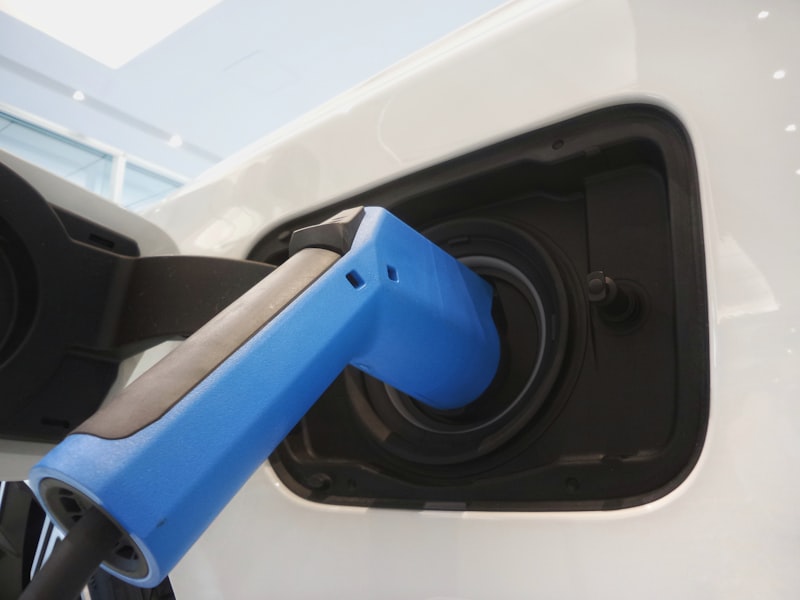
Germany Announces 19.8 Billion Euro Plan to Build Hydrogen Network
The German government has announced a plan to build a hydrogen network for industrial use, investing 19.8 billion euros in the project. The network will connect ports, factories and power plants with 9,700 km of pipelines by 2032. The cost of building the network is expected to be covered through network fees, with the state providing financial support to cover any difference. There are still many unknowns about the project, including how it will be operated economically and how existing gas storage facilities can be converted to store hydrogen. It is also uncertain whether Germany will remain dependent on energy imports as hydrogen will need to be imported either via pipeline or in the form of ammonia by ship.
The Benefits of Hydrogen
Hydrogen has many benefits as an energy source. It is the most abundant element in the universe and can be produced from renewable sources such as water, sunlight, wind, and biomass. Hydrogen is a clean burning fuel that produces no harmful emissions when burned. It also has a high energy density, making it an efficient way to store and transport energy. Additionally, hydrogen fuel cells are capable of providing continuous power with no noise or emissions. This makes them ideal for powering electric vehicles and other applications where clean and quiet operation is desired.You might also like this article: Vad är Xenobots? Vår definition. Picture source: Possessed Photography